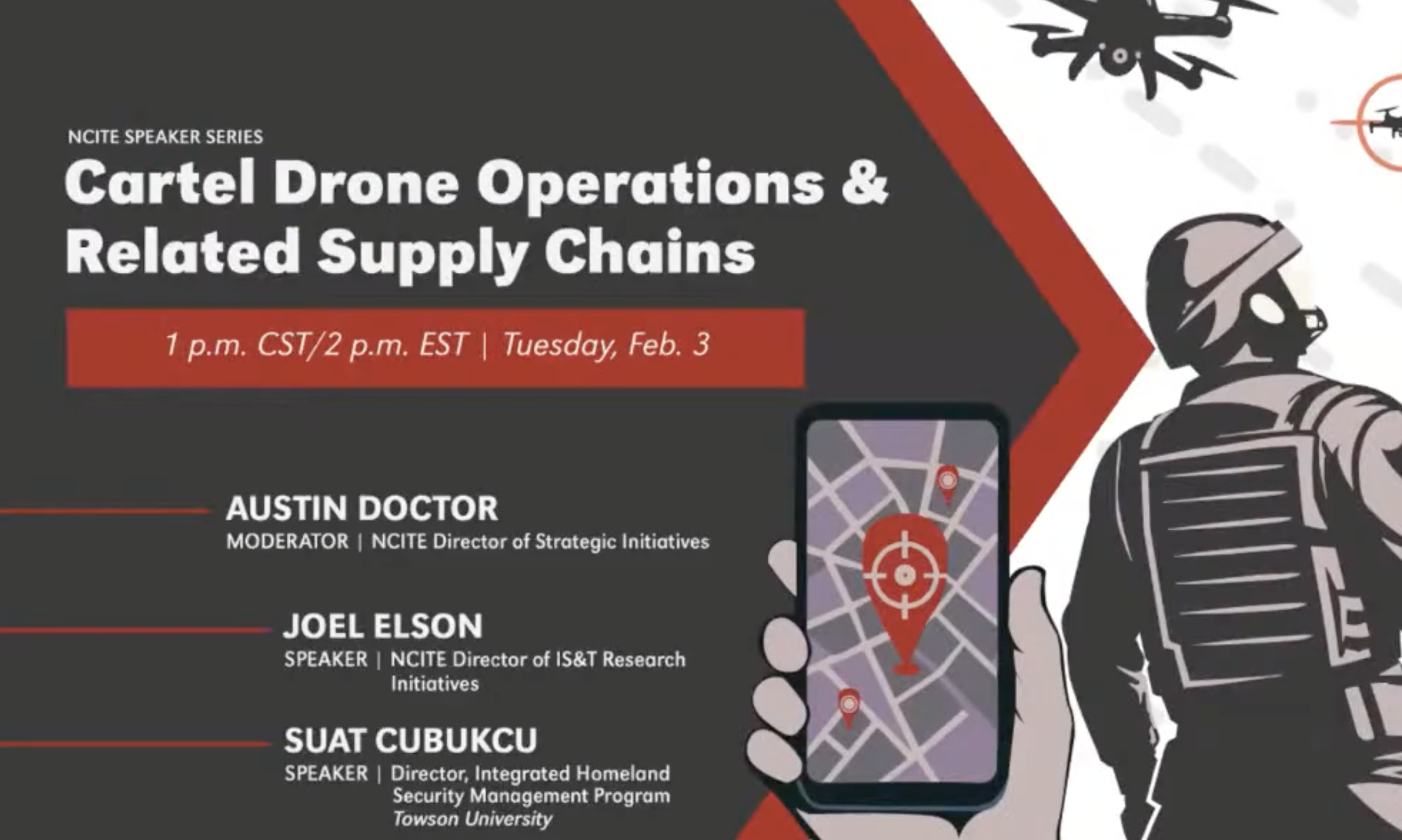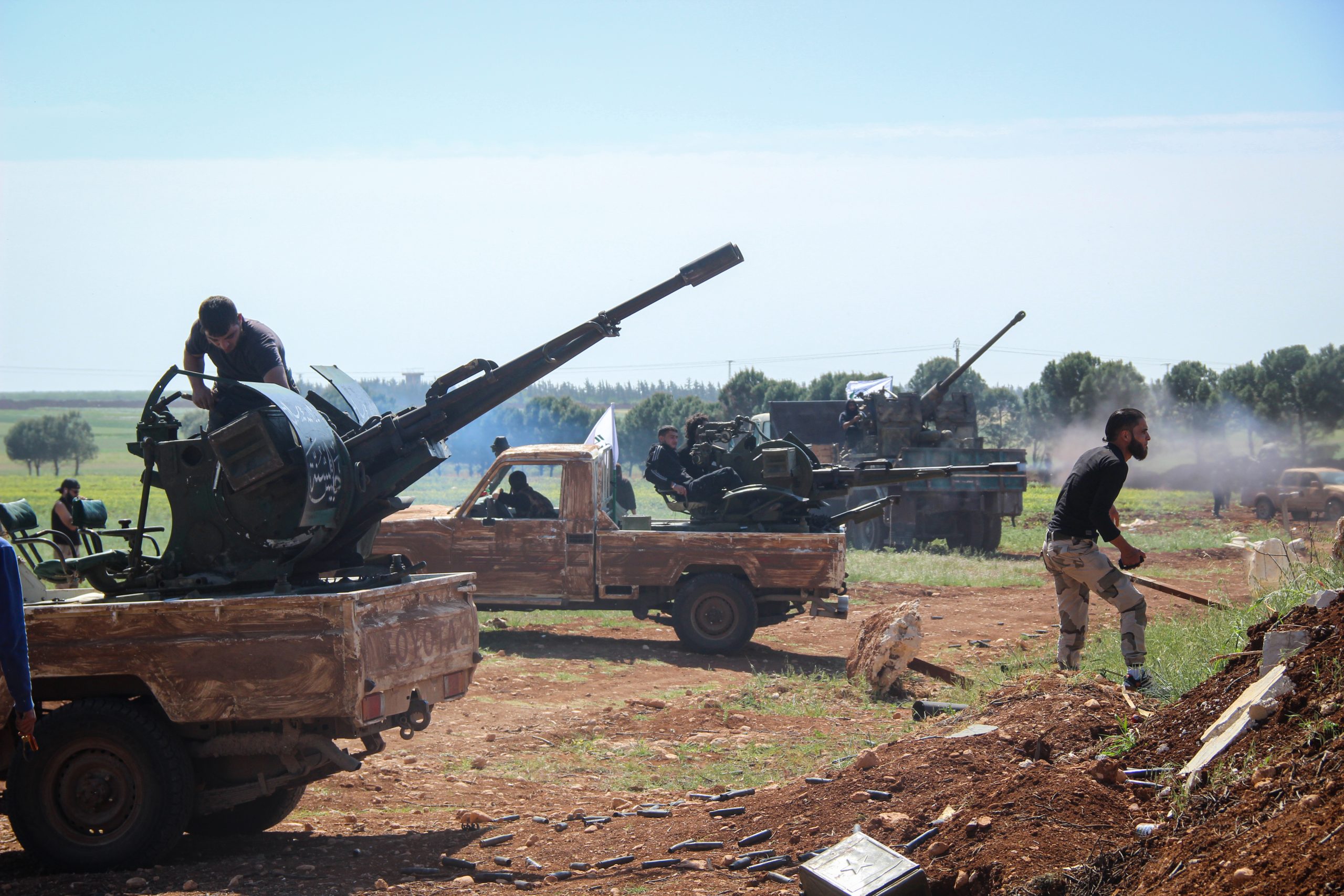Three years after Russia’s full-scale aggression against Ukraine, the war continues to have devastating consequences for civilians. A quarter of Ukrainians have fled the country, and millions more have been internally displaced. Furthermore, nearly 13 million people are in urgent need of humanitarian assistance. As the attacks continue, the lives of those remaining in Ukraine are in danger, and countless people lack access to adequate electricity and heating. Many people, most of whom are children and women, continue to struggle with the trauma, with limited mental health support. During the invasion, the Russian military has been accused of deliberately targeting civilians, such as attacks on hospitals and the power grids, the abduction (particularly children) and torture of civilians, as well as forced deportations of civilians and the torture and murder of Ukrainian prisoners of war. As a result, the International Criminal Court (ICC) has begun investigating war crimes, including the abduction of Ukrainian children and genocide against Ukrainians.
Situation Overview
One of the most disturbing aspects of Russia’s war of aggression is the forceful deportations of thousands of Ukrainian children to Russia or Russian-controlled territory. Ukraine has verified the names of over 19,546 children, who have been unlawfully transferred to Russia; however, the actual number is likely much higher. Despite the persistent efforts of Ukrainian governmental agencies, humanitarian organizations, and civil society groups, tragically, only 1,592 children have returned to their homes. Russia’s strategy involves forcibly taking children from orphanages, abducting children from their homes and schools, and splitting families during “filtration” operations. Once under Russian control, Ukrainian children are subject to indoctrination, ideological re-education, military training, and participation in Russia’s “Youth Army.” Under the guise of providing humanitarian help to rescue children from the war zone, the abductions mark a brazen attack on Ukraine’s future generation by aiming to erase their Ukrainian identity.
The abduction of Ukrainian children has been strongly condemned by the international community, which frames the kidnappings as one of the gravest Russian war crimes committed during the conflict. In March 2023, the ICC issued an arrest warrant for President Vladimir Putin due to his personal responsibility for the deportation program. In addition to facing criminal charges, the Kremlin’s treatment of Ukrainian children was at the forefront of a United Nations Security Council meeting, where delegates were unified in their alarm over Russia’s violations of the UN charter. In August 2025, the International Coalition for the Return of Ukrainian Children issued a joint statement from 38 countries, calling on Russia to ensure the immediate return of all unlawfully deported children.
The Stakes for Ukraine and Europe
In the words of President Volodymyr Zelensky, the situation with Ukraine’s missing children lies “at the heart of the war’s humanitarian tragedy — our children, broken families, the pain of separation.” The return of the missing children has long been a key demand for Ukraine in diplomatic efforts to end the war. For Ukraine, these are their children and future, and Russia has no right to any of them. Russia’s deportations and re-education represent a poignant threat to Ukraine’s newest generation, so these war crimes remain one of the most urgent issues in peace negotiations.
For Europe and the broader international community, Ukraine’s missing children are not only a humanitarian concern. The fate of these children carries indispensable weight for challenging the impunity that has defined the Russian Federation’s actions since the invasion. According to the European Parliament, forcibly displacing children is an unacceptable breach of several international treaties and customary international law, and its actions are a “reprehensible act of violence.” The Kremlin has displayed a clear disregard for international norms, and a lack of accountability will only empower Russia to continue committing further crimes. Serving justice on this issue is essential for Europe to demonstrate to Russia that it can no longer operate with impunity. The following section explains how it can be achieved.
The Road Ahead
Thoroughly addressing the issue of abducted Ukrainian children requires, first and foremost, regional and international organizations to exert diplomatic and legal pressure on Russia. These include sanctions that restrict financial and political networks directly involved in the abductions, by that, cutting off resources that enable these practices, political pressure such as congressional resolutions and cross-governmental initiatives, arrest warrants issued by international courts to hold individuals accountable and therefore increase the cost of impunity for Russian officials, and a conditional peace agreement that links negotiations to the safe return of abducted children. Meanwhile, human rights groups and courts must continue to systematically document abductions so that these documents can be used as evidence in international lawsuits. Moreover, public awareness campaigns and methods such as the use of social media and public messaging to raise global awareness and put further pressure on Russia about abductions should be employed. Surely, though, challenges exist.
One of the biggest challenges is Russia’s refusal to acknowledge these abductions and its ongoing efforts to assimilate children through “re-education” camps, making tracing and repatriation difficult. Further, enforcement mechanisms under international law remain insufficient and weak without broader political will. Therefore, continued cooperation between Ukraine, its allies, and global institutions is crucial not only to ensure justice but also to ensure the safe return of abducted children to their families.
The US’s role
There is currently no international legal mechanism for the safe return of abducted Ukrainian children. However, the US has many cards to play to achieve this goal. For example, American negotiators could convey the following message to their Kremlin counterparts: sanctions cannot be lifted unless the abducted children are returned safely. Furthermore, the United States could impose more targeted sanctions on individuals involved in the abductions, as the UK recently did.
In a soft diplomacy attempt, First Lady Melania Trump recently wrote to President Vladimir Putin, pleading for the well-being and protection of children. President Trump also stated that he would work to support the return of the abducted children and that he could influence Putin on this issue. On the other hand, a key initiative tracking young Ukrainians who were victims of Russia’s deportations has lost its funding. Meanwhile, there have been some developments in the Senate. Senator Richard Durbin introduced a Senate resolution condemning Russia for illegally abducting Ukrainian children. On the other hand, Senators Chuck Grassley and Amy Klobuchar recently co-sponsored the Abducted Ukrainian Children Recovery and Accountability Act, which would potentially provide increased US support for Ukraine’s efforts to identify and rescue abducted children.
Conclusion
Russia’s systematic campaign to abduct and indoctrinate thousands of Ukrainian children is both morally unacceptable and profoundly illegal. The mass abductions are a coordinated attempt by the Russian Federation to separate an entire generation from their Ukrainian identities and heritage and “Russify” them. While the international community is united in its denunciation of Russian war crimes, ending Russia’s genocidal policies and bringing stolen children back home is a difficult task. As peace negotiations are taking place, securing the release of the children must be seen as a crucial part of achieving a just peace.








